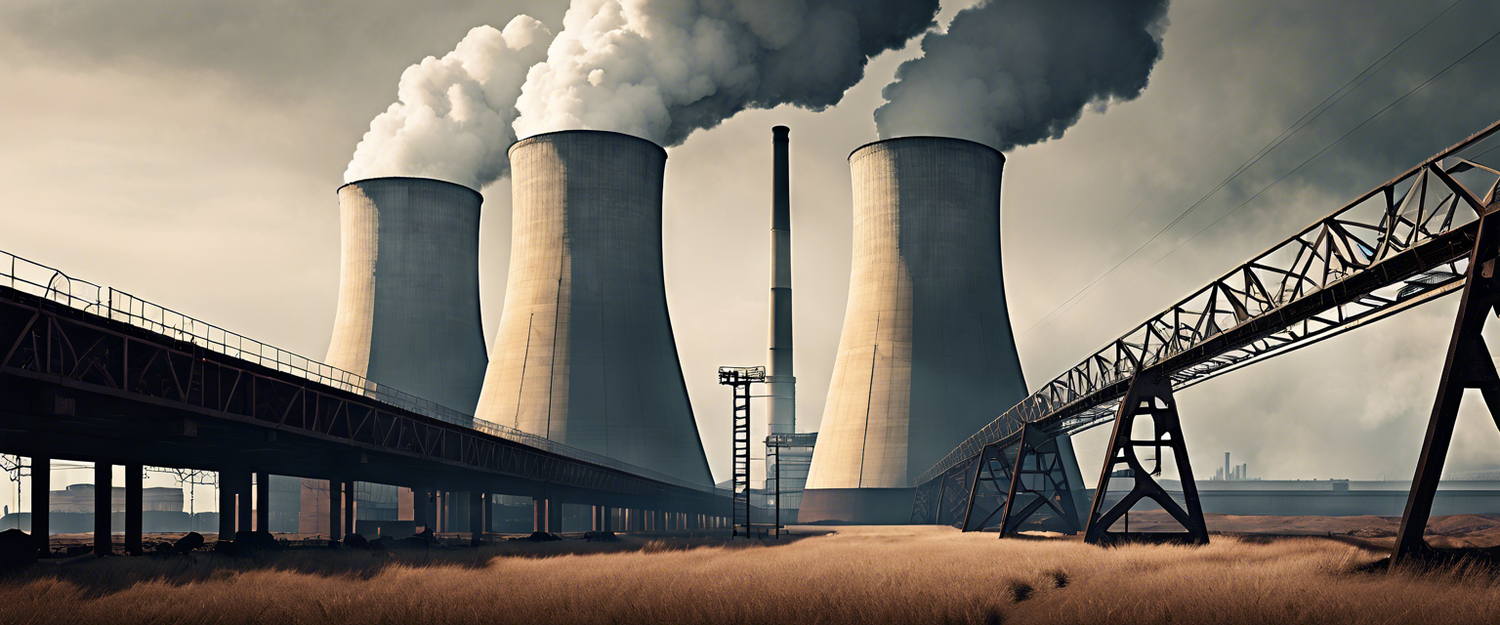The End of an Era: Closure of Coal Power in the UK
By the end of September 2023, the United Kingdom is poised to close its last operational coal-fired power plant, the Ratcliffe-on-Soar power station located in Nottinghamshire. This significant development marks a historic shift from coal power, a major step for the UK towards achieving its climate goals and becoming a leader in sustainable energy.
Historical Significance of Ratcliffe-on-Soar Power Station
Commissioned in 1967, Ratcliffe-on-Soar has provided power for over five decades, generating enough electricity to supply about two million homes. Its capability of producing 2,000 megawatts made it a critical player in the UK’s energy sector. Uniper, the owner of the plant, highlighted that throughout its operational life, the station generated enough energy to brew more than 21 trillion cups of tea—equating to approximately 1 billion cups per day!
Transition to Hydrogen Production
Uniper has ambitious plans to repurpose the Ratcliffe-on-Soar site. After the closure of the coal operations on September 30th, the decommissioning process will span around two years, during which 125 staff will remain on site. Following this transition, Uniper intends to shift its focus towards hydrogen production. Hydrogen fuel is seen as a promising alternative to fossil fuels due to its minimal carbon emissions during combustion.
However, the current predominant method for hydrogen production, steam methane reforming, still contributes to greenhouse gas emissions. A more sustainable approach involves using electrolysis to split water molecules with renewable energy, a method that Uniper is keen to adopt. By the end of the decade, the company hopes to achieve a hydrogen production capacity of 500 megawatts at the former coal plant, potentially generating up to 8,000 new jobs.
Coal Power's Decline in the UK
The era of coal in the UK has been waning for quite some time. At its peak in 1900, coal accounted for over 95% of the nation's energy demands. Today, however, coal generation has plummeted from nearly 40% in 2012 to just 1% in 2023. As a result, greenhouse gas emissions from the UK's power sector have decreased by an impressive 74% during this period, as renewable energy sources like wind and solar have filled the gap left by coal.
UK’s Climate Change Legislative Framework
The decline of coal power is in line with the UK’s broader commitment to combat climate change, initiated with the passing of the Climate Change Act in 2008. This legislation set the ambitious goal of achieving net zero carbon dioxide emissions by 2050. The impending closure of the Ratcliffe-on-Soar power station positions the UK as the first advanced economy and Group of Seven nation to fully phase out coal power.
Global Context and Future Prospects
While coal continues to supply more than a third of the world's electricity and remains a significant contributor to greenhouse gas emissions, the UK’s transition reflects a growing global trend towards cleaner energy sources. With historical carbon emissions tied to its colonial past, the UK is taking strides toward rectifying its ecological footprint by phasing out coal and investing in sustainable alternatives.
Conclusion: A New Energy Landscape
As the UK prepares for its final closure of coal-fired power generation, the shift to hydrogen and renewable energy sources heralds a new chapter in its energy landscape. The closure of the Ratcliffe-on-Soar station not only signifies environmental progress but also demonstrates the evolving dynamics of the global energy market and the transition towards a sustainable future.



اترك تعليقًا
تخضع جميع التعليقات للإشراف قبل نشرها.
This site is protected by hCaptcha and the hCaptcha Privacy Policy and Terms of Service apply.